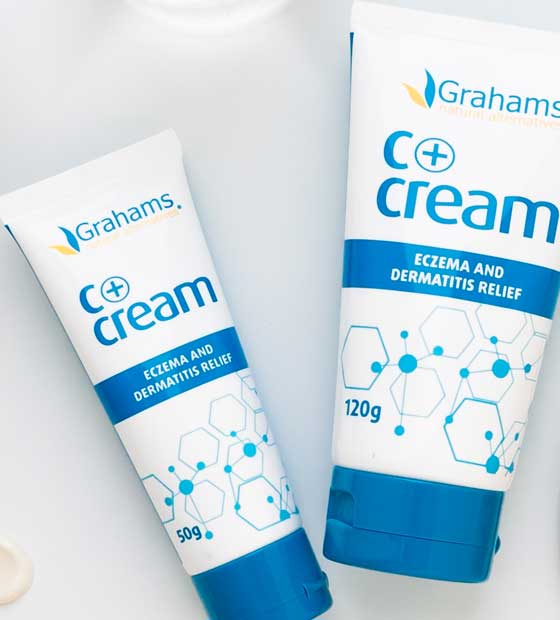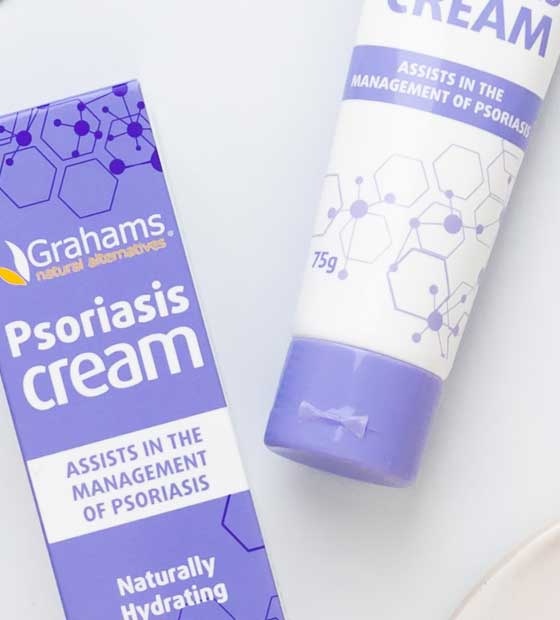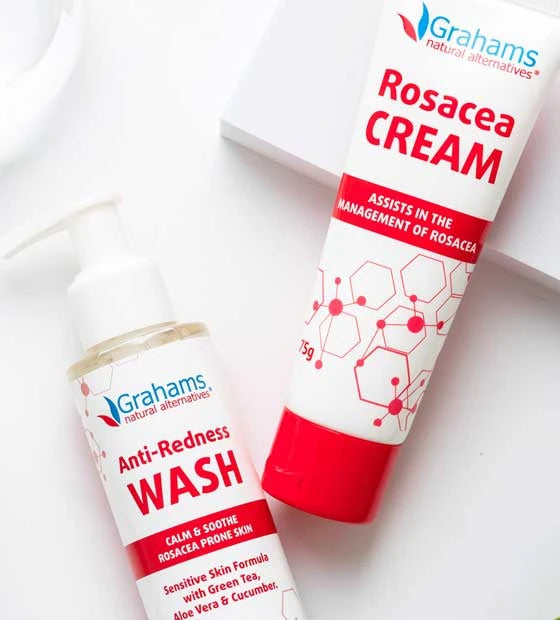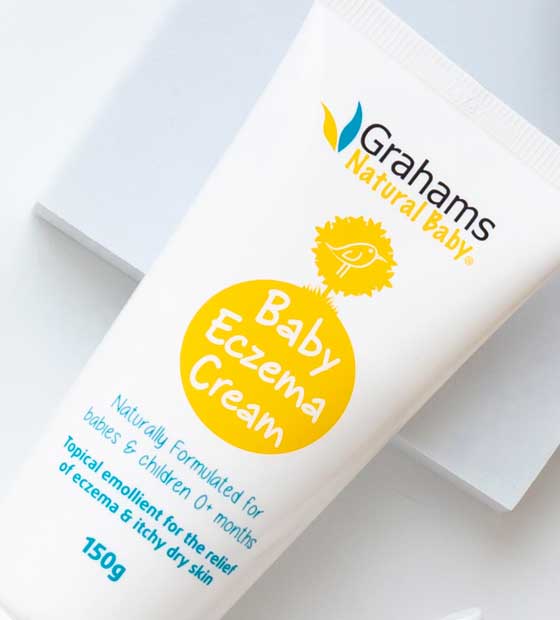Sunscreen
Your Natural Umbrella under the Sun!
Stay protected in the sun with our revolutionary functional SPF formulation.
Some of the main question we get asked are:
How does SPF rating work?
A higher SPF rating requires a lot more sunscreen chemicals for diminishing returns. SPF 15 blocks 94% of UV radiation while SPF 40 blocks 97.5%, SPF 15 will provide protection for 4 hours for someone who would normally burn in 15 minutes. SPF 40 provides protection for 8 hours of sun. The amount of protection, in reality, depends upon both the SPF rating and the thickness or amount which is applied.
How does sun protection work?
There are two main types of sunscreens. Firstly, natural sunscreens that use Zinc Oxide as a physical barrier that reflect UVA and UVB away. The second type is "UV Filters" that absorb high energy UV radiation and emit low energy radiation. These are always synthetic, which is why we choose to use Zinc Oxide to provide natural sun protection.
Isn’t Zinc normally white?
Yes, Zinc Oxide would normally be white on the skin. We use a special type of Zinc Oxide that is made here in Australia that is dispersed within Jojoba Oil which helps make it clear and non-greasy. The Iron Oxide in our formula gives the cream its tint and also helps it blend in nicely to the skin. It is also responsible for the color in Australia’s red, fertile soils.
What are UV filters?
These are various chemicals that absorb high energy UV radiation and re-emit it as low radiation. These are always synthetic, which is why we choose to use Zinc Oxide to provide natural sun protection.
Is your Natural Sunscreen SPF 40 water-resistant?
This formula is 2 hours water-resistant but make sure to reapply immediately after activity and swimming.
Are your products reef-friendly?
Absolutely! Our SPF products are proudly reef friendly as we don’t use any of the synthetic ingredients that are known to damage and harm coral reefs.
Can I use SunClear on a baby?
We get this question a lot. If your baby or child is going to be exposed to the sun, apply sunscreen to those small areas of skin not covered by wraps, clothing and a hat. Babies aged under 6 months have highly absorptive skin and the Australasian College of Dermatologist recommends minimizing use of sunscreen. Always test any product first on a small area of your baby or child’s skin for any negative reactions and apply sunscreen to those areas of exposed skin that can’t be covered with hats and clothing.
More information on SunClear Sunscreen can be found here.








